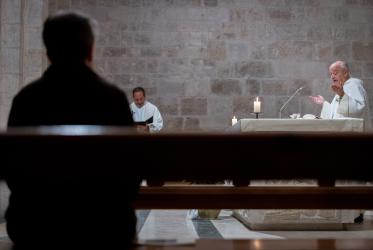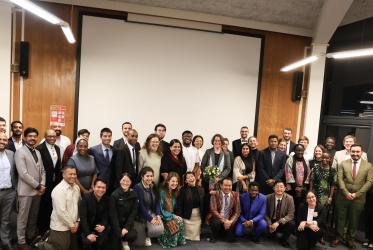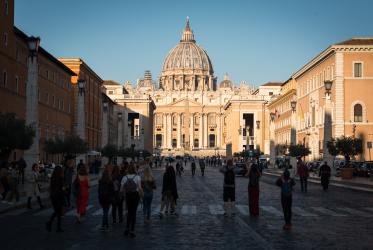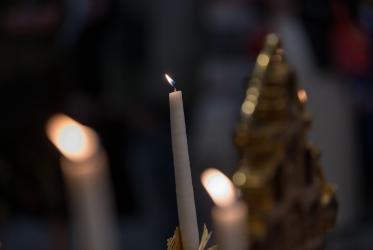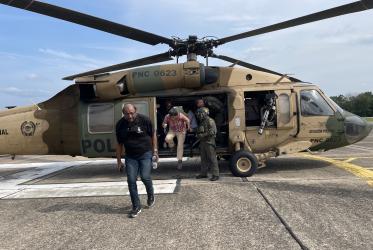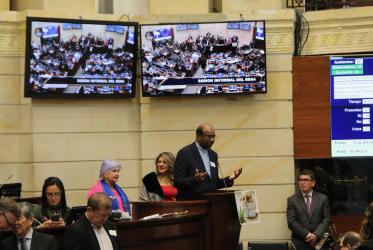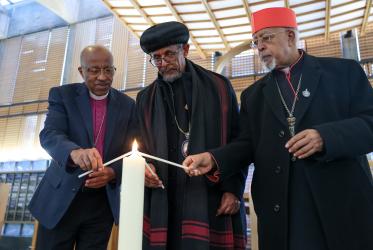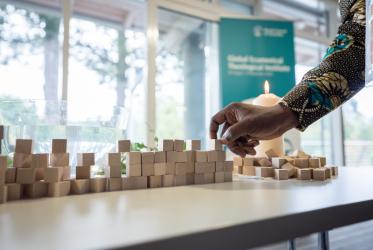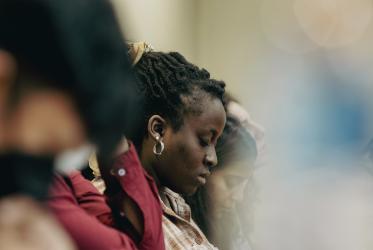Displaying 1 - 20 of 436
Bossey students to visit Rome, share common Christian heritage
17 January 2024
WCC sees firsthand those most affected by conflict in Colombia
15 December 2023
WCC general secretary speaks before Colombian senate
15 December 2023
Ahead of Her Time
Pan-African Women of Faith and the Vision of Christian Unity, Mission, and Justice
01 November 2023
Exhibition “Bethlehem Reborn – Palestine – The Wonders of the Nativity”
08 September 2023


